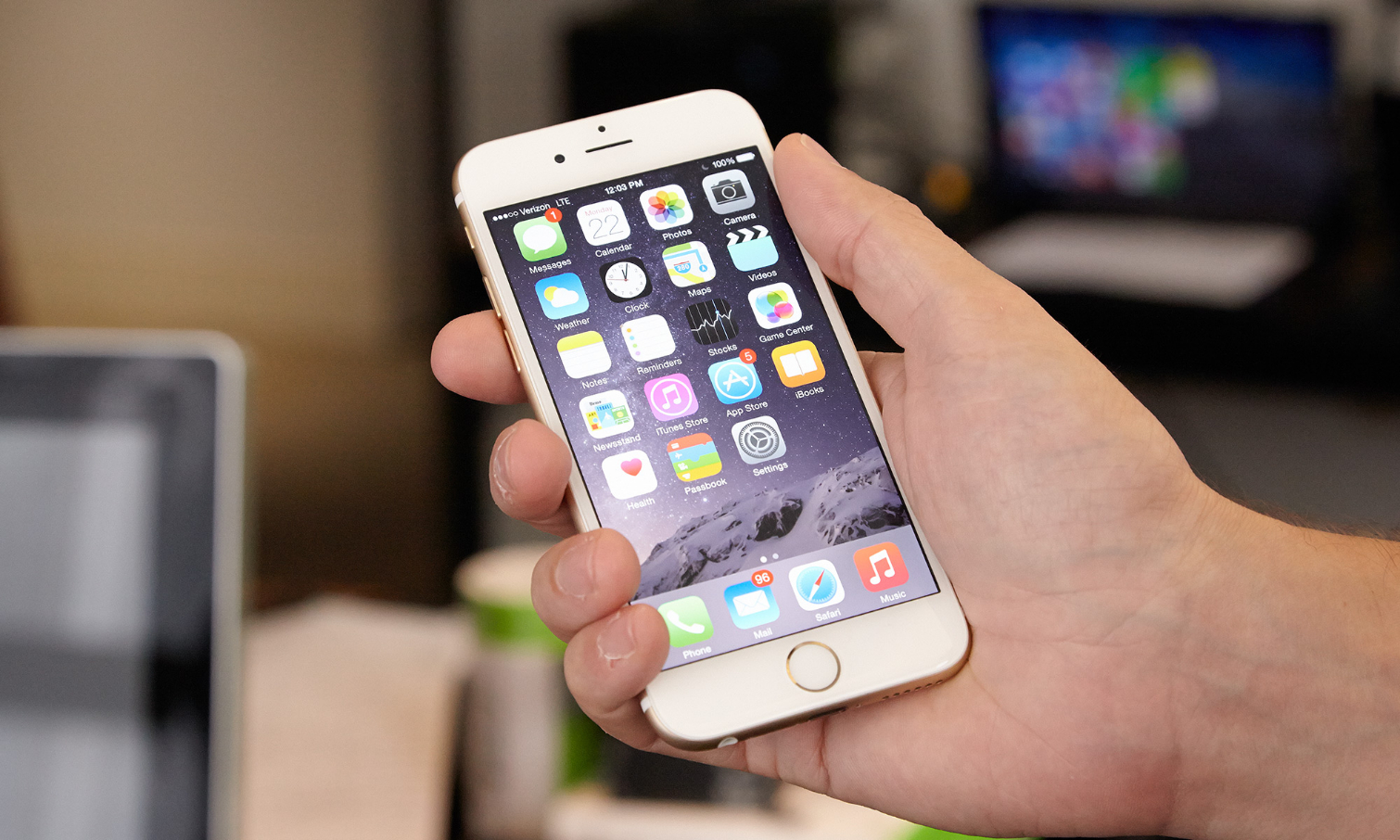Apple Knew iPhone 6 Would Bend Before Its Release (Report)
Apple's internal testing showed that the iPhone 6 was more than 3 times likely to bend than the iPhone 5s.
Apple might have known internally that its iPhone 6 was far more bendy than its other handsets, according to documents obtained by Motherboard.

In a filing over a class-action lawsuit, Apple revealed that its internal testing discovered the iPhone 6 being 3.3 times more likely than the iPhone 5S to bend. The iPhone 6 Plus, according to Apple, was 7.2 times more likely to bend than the iPhone 5S.
While Apple at the time publicly said that there weren't any defects with the iPhone 6 and iPhone 6 Plus' design, the company later worked on reinforcing the logic board that handled touch input on the handset, Judge Lucy Koh wrote in an opinion on the class-action case, according to Motherboard.
MORE: We Dropped $18,000 Worth of Phones, and These Are the Toughest ...
After the iPhone 6 models were released in 2014, some owners said that they could easily bend the handset with a little pressure on either side. The more they bent the handset, the more easily the screen detached from the smartphone itself. When that happened, the iPhone's screen would show a gray bar that flickered at the top and the touchscreen would no longer work, leaving owners with a useless handset.

The issue became increasingly widespread and ultimately led to it being coined "Bendgate." The touchscreen problem was called touch disease.
For its part, Apple publicly denied any material defects with its design and said that it had performed a variety of tests that ensured the smartphone's quality. Meanwhile, many of its critics said that Apple had designed a flawed handset that would break down after only normal use.
Get instant access to breaking news, the hottest reviews, great deals and helpful tips.
While Apple changed its policy in 2016 and made it cheaper to fix iPhones affected with touch disease, the company still says there's nothing wrong with its handset.
In the court filing, according to Motherboard, Apple's attorneys said that after the company conducted "rigorous and comprehensive reliability" tests, it found that simple "bending and twisting cannot cause the issue unless the phones had already been repeatedly dropped on a hard surface." In other words, the iPhone 6 would not suffer from touch disease unless it had already taken a beating.
Apple hasn't commented on the iPhone 6's bendability since the Motherboard report was published. The company did, however, enjoy a small victory in the court case after Judge Koh barred the plaintiffs class status.
Don Reisinger is CEO and founder of D2 Tech Agency. A communications strategist, consultant, and copywriter, Don has also written for many leading technology and business publications including CNET, Fortune Magazine, The New York Times, Forbes, Computerworld, Digital Trends, TechCrunch and Slashgear. He has also written for Tom's Guide for many years, contributing hundreds of articles on everything from phones to games to streaming and smart home.
